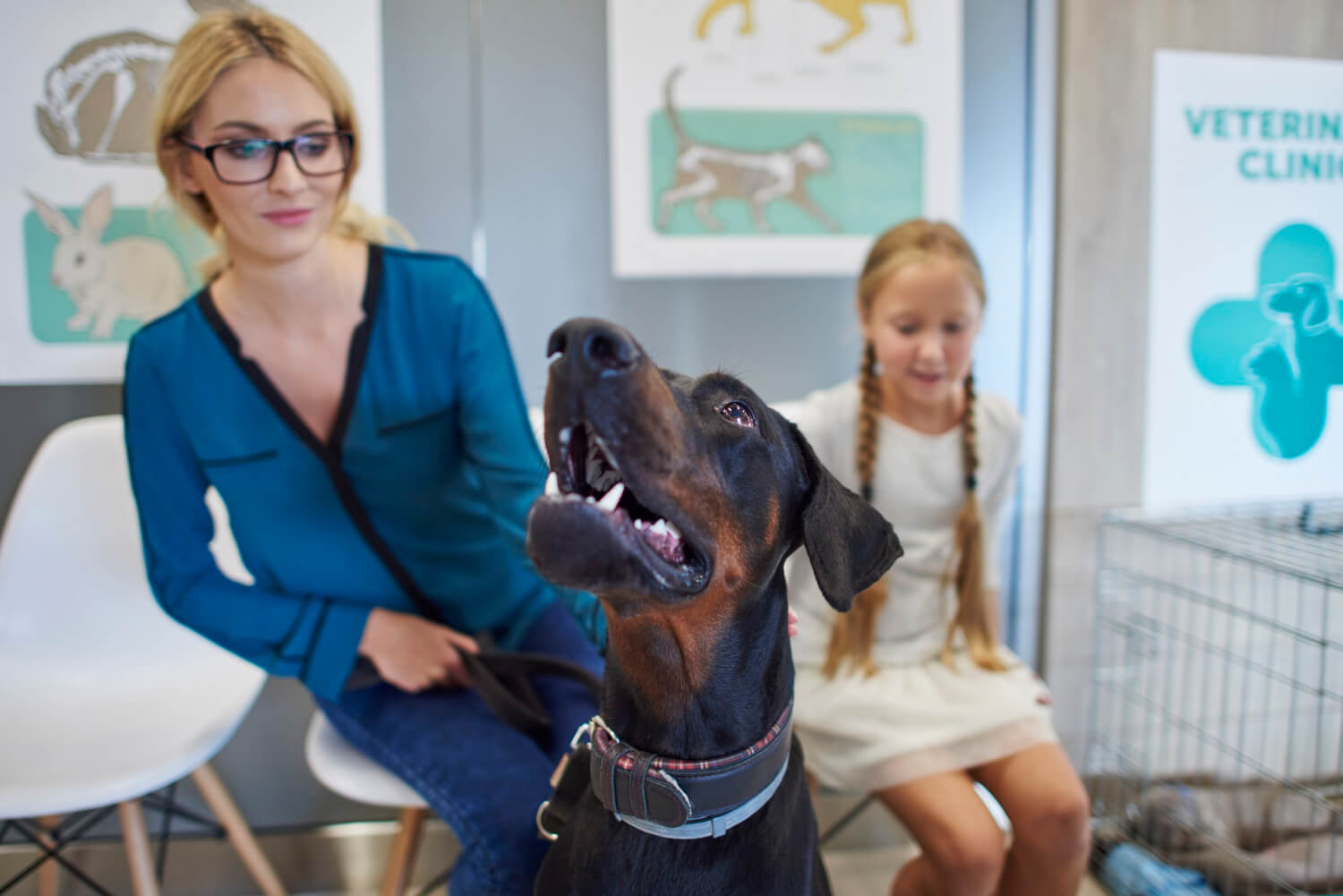Hello everyone, I’m Dr. Jaime Pickett, and as a veterinarian deeply committed to the well-being of animals, I’ve witnessed firsthand how leadership within our profession can significantly influence animal welfare policies. Today, I want to discuss the vital role that veterinarians play in this arena and the impact we can have on legislation, public awareness, and overall animal health and safety.
Leading by Example: The Veterinarian’s Role
Veterinarians are uniquely positioned to lead the charge in improving animal welfare. Our training not only equips us with a deep understanding of animal health, but also instills a duty to advocate for creatures who cannot speak for themselves. Whether it’s by participating in policy discussions, serving on boards, or working directly with communities, our influence is crucial.
One of the most direct ways we can shape policy is by contributing our expertise to legislative processes. By providing scientific insights and data-driven recommendations, we can help craft laws that better protect animals and ensure their proper care and handling. This includes everything from farm animal welfare standards to regulations on pet ownership and animal entertainment.
Advocacy and Awareness: Educating Stakeholders
A significant part of our leadership involves advocacy and public education. It’s our responsibility to raise awareness about animal welfare issues not just among pet owners and farmers, but also within our communities and governments. This can involve organizing or participating in workshops, writing articles, or even speaking at community events. By educating the public on the needs of animals and the responsibilities of their caretakers, we foster a more informed society that can advocate for better policies and practices.
Moreover, as leaders in veterinary medicine, we also need to mentor the next generation of veterinarians to be advocates for animal welfare. By integrating policy and advocacy training into the veterinary curriculum, we ensure that future veterinarians understand their potential impact on society and are prepared to take on leadership roles themselves.
Collaborating Across Disciplines
Animal welfare is a multifaceted issue that intersects with many areas including law, ethics, environmental science, and public health. As veterinarians, collaborating with professionals in these fields can lead to more comprehensive and effective policies. For example, working with environmental scientists can help address issues related to wildlife conservation and habitat protection, while collaboration with public health experts can help manage zoonotic diseases more effectively.
These partnerships are essential for developing holistic approaches to animal welfare that consider all aspects of an animal’s life cycle and environment. Through such interdisciplinary efforts, we can ensure that animal welfare policies are not only humane but also scientifically sound and practical.
Challenges and Solutions in Policy Influence
Influencing policy is not without its challenges. The political landscape can be complex, and economic interests often weigh heavily in legislative decisions. However, perseverance and a strategic approach can lead to meaningful change. It’s important for veterinary leaders to understand the political and economic contexts in which they operate, to find common ground with various stakeholders, and to present arguments that align animal welfare with public and economic interests.
For instance, by demonstrating how humane animal practices can lead to better health outcomes and potentially lower costs in the long run, we can make a compelling case that resonates with policymakers and the public alike.
The Future of Veterinary Leadership in Policy
Looking forward, the role of veterinarians in policy-making will only grow in importance as we face global challenges like climate change, biodiversity loss, and emerging zoonotic diseases. These issues require a proactive approach to animal welfare that veterinarians are especially qualified to provide.
As leaders, we must be visionaries, ready to push boundaries and innovate. Whether it’s through the development of new technologies for animal care, the implementation of more sustainable agricultural practices, or the crafting of policies that protect wildlife in changing climates, our role is critical.
Conclusion: A Call to Action
As a veterinarian and an advocate for animals, I believe that we are not just caregivers but also guardians of animal welfare. Each interaction we have, each treatment we administer, and every policy we influence, shapes the world we live in. Let’s embrace our role as leaders, educators, and collaborators to ensure a humane and just society for all living beings.
To my fellow veterinarians and all who care about animals, let’s continue to lead with compassion and conviction. Our voices are powerful, and together, we can make a difference in the lives of countless animals. Let’s keep pushing forward, for them and for us.
